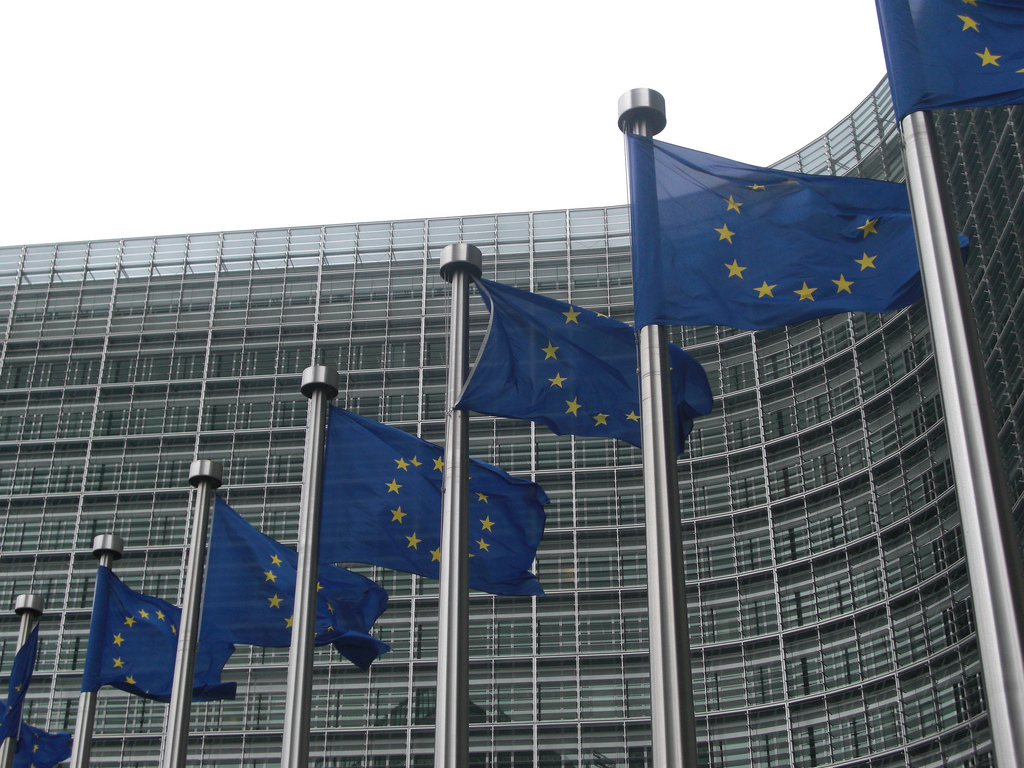UK companies looking to do business across Europe will have “little choice” but to comply with increasingly strict EU green rules.
New research by the UK in a Changing Europe (UKICE) think tank warns that rapidly growing divergence on key environmental regulations will pose problems for businesses in the UK.
Having announced its 2040 climate target in February 2024 – to reduce greenhouse gas emissions by 90% relative to 1990 – the EU moved ahead of the UK, which is yet to set its 2040 emissions reduction target.
Going into “legislative overdrive” ahead of June’s Parliamentary elections, the EU is moving to complete several major environmental, digital and supply chain regulatory reforms.
Meanwhile, the UK’s legislative agenda has done the opposite ahead of the expected General Election later this year.
That doesn’t mean UK companies won’t be implicated by changing environmental regulations, though: legislative divergence between the UK and EU will leave British businesses “little choice” but to comply with European standards.
Corporate sustainability holds supply chains to account
EU member states agreed on the final terms of the Corporate Sustainability Due Diligence Directive (CSDDD), which is designed to hold large companies to account for environmental and human rights violations in their supply chains.
In-depth coverage of the CSDDD was published on Current±’s sister site, PV-Tech.
Although many organisations have decried the revised CSDDD for its diminished scope, the directive will affect some British businesses whose EU-based turnover exceeds the threshold of €450 million (£385 million.
Even more British businesses will feel the effect because they’re involved in supply chains of EU-based companies that are subject to the directive.
According to the report from UKICE: “Many of these reforms will have a significant impact on the UK and other third countries, as they make access to the EU market conditional on meeting new standards across a range of areas.”
The EU has also already implemented rules banning the import of products made from commodities linked to deforestation, while the UK – despite having floated similar legislative plans – is yet to finalise its own supply chain deforestation rules.
Joël Reland, author of the report, said: “Even after Brexit, the EU remains the UK’s chief export market, so British businesses have little choice but to conform with new EU regulations.
“The main difference is that now the UK government has no means of influencing EU policy decisions from the inside.”





